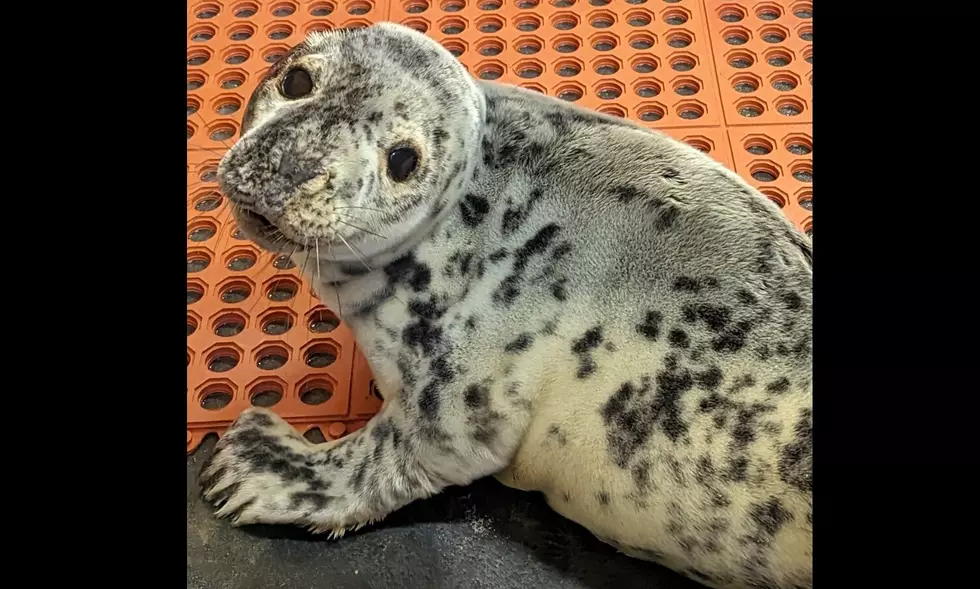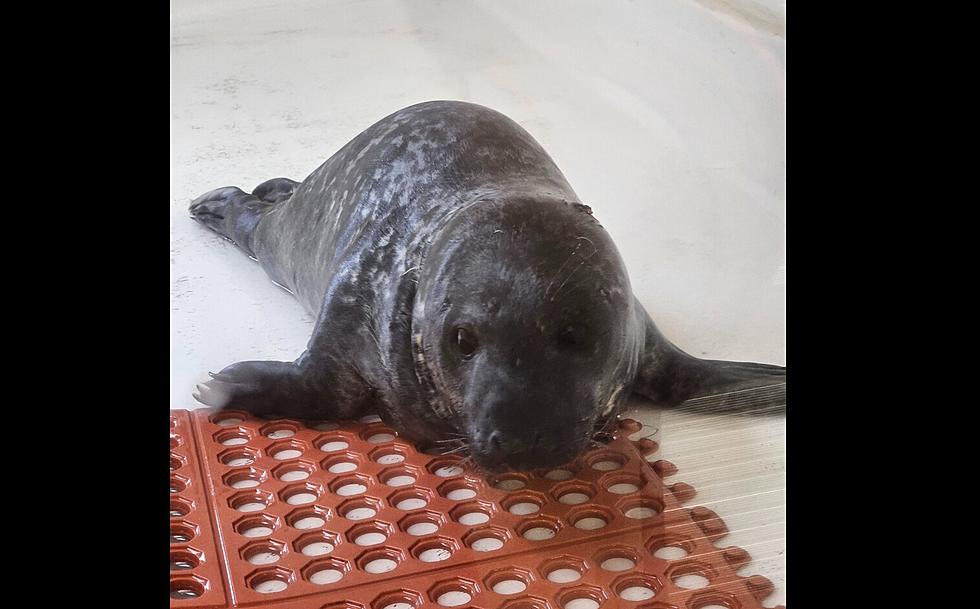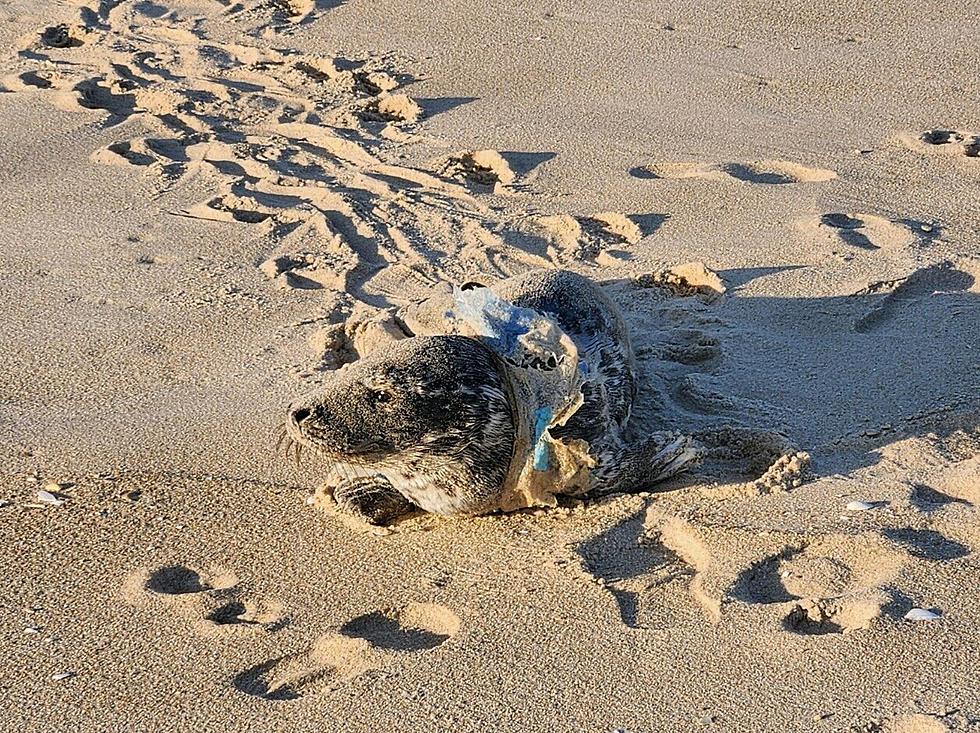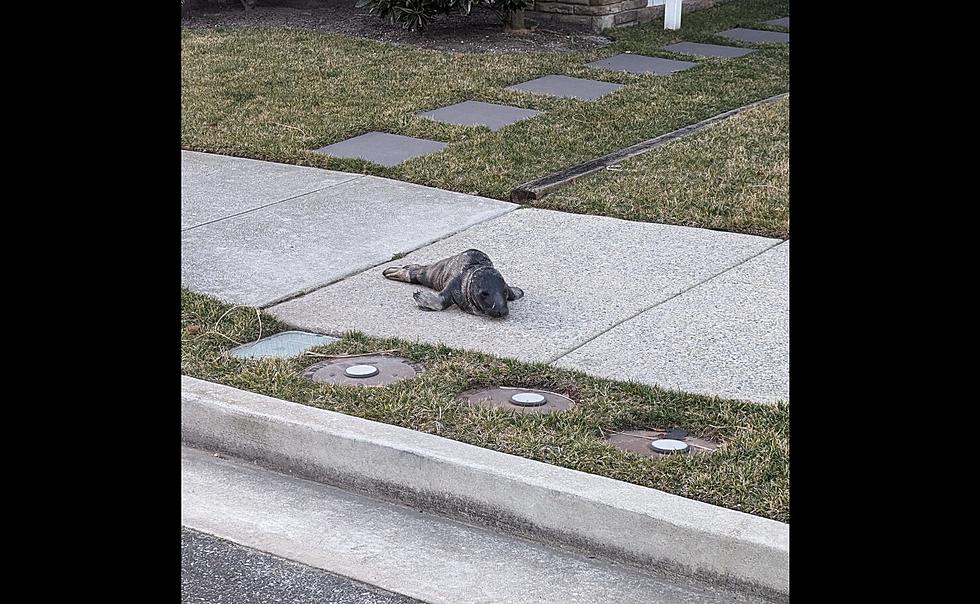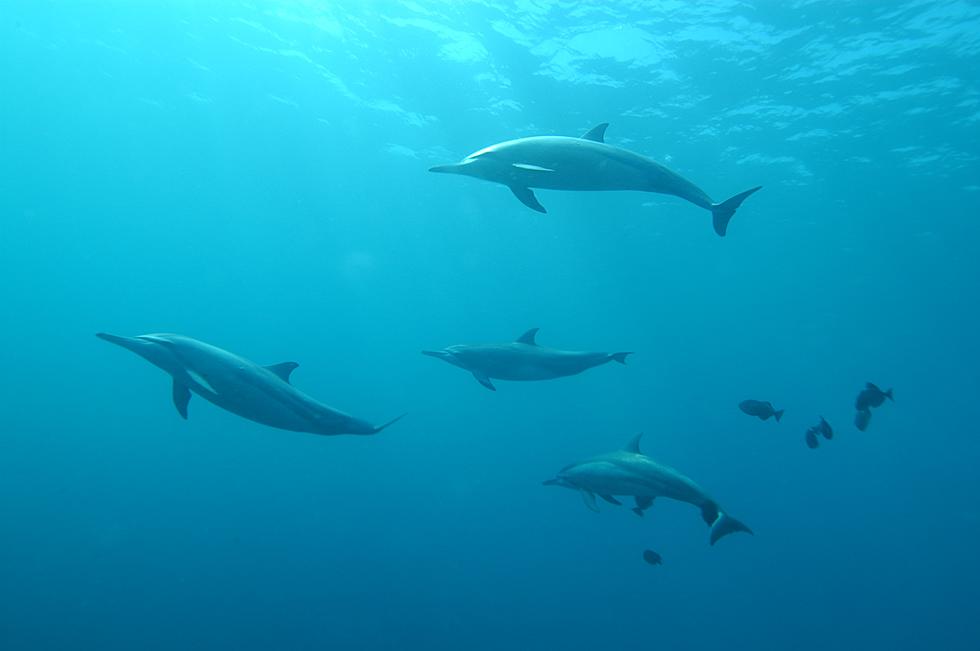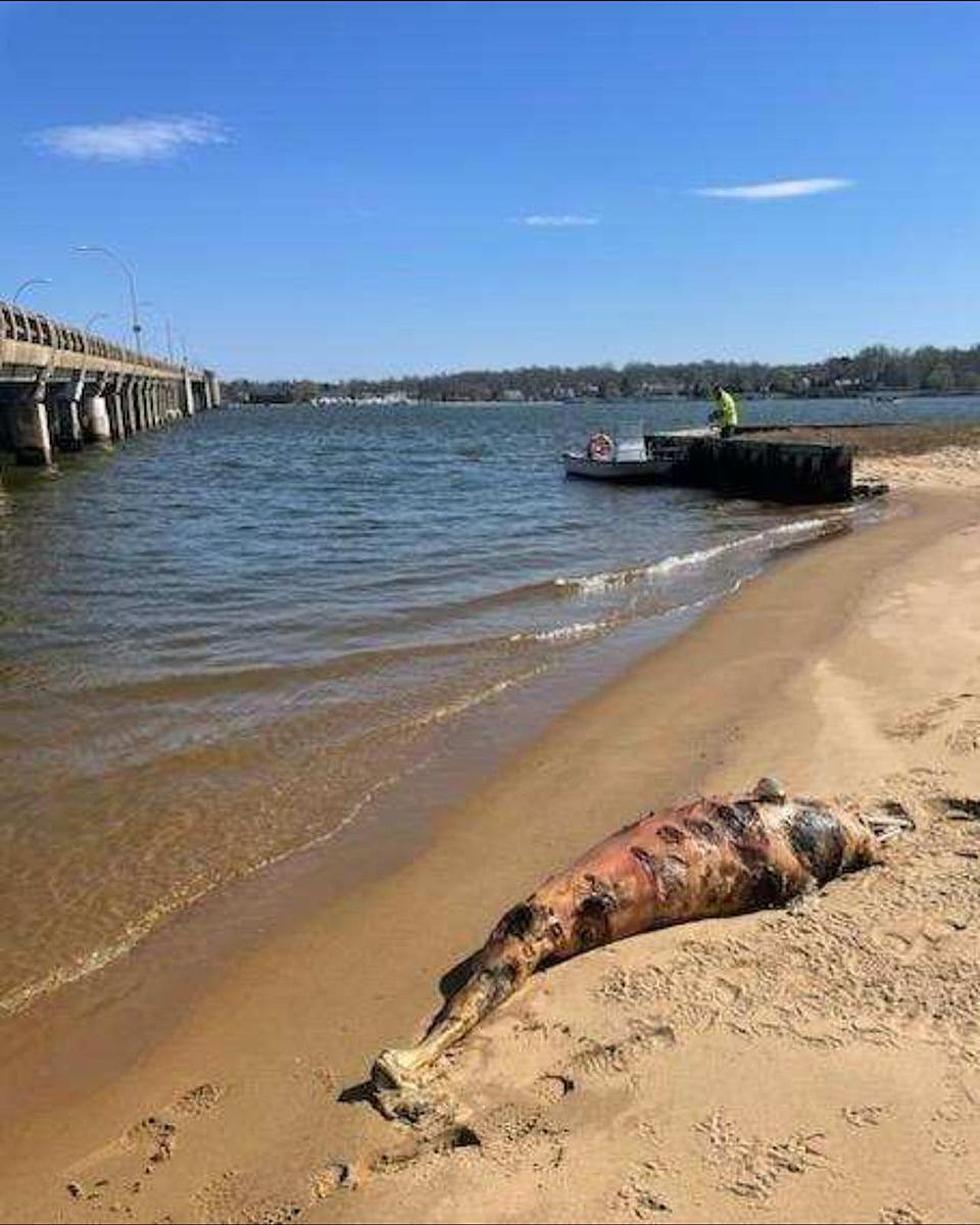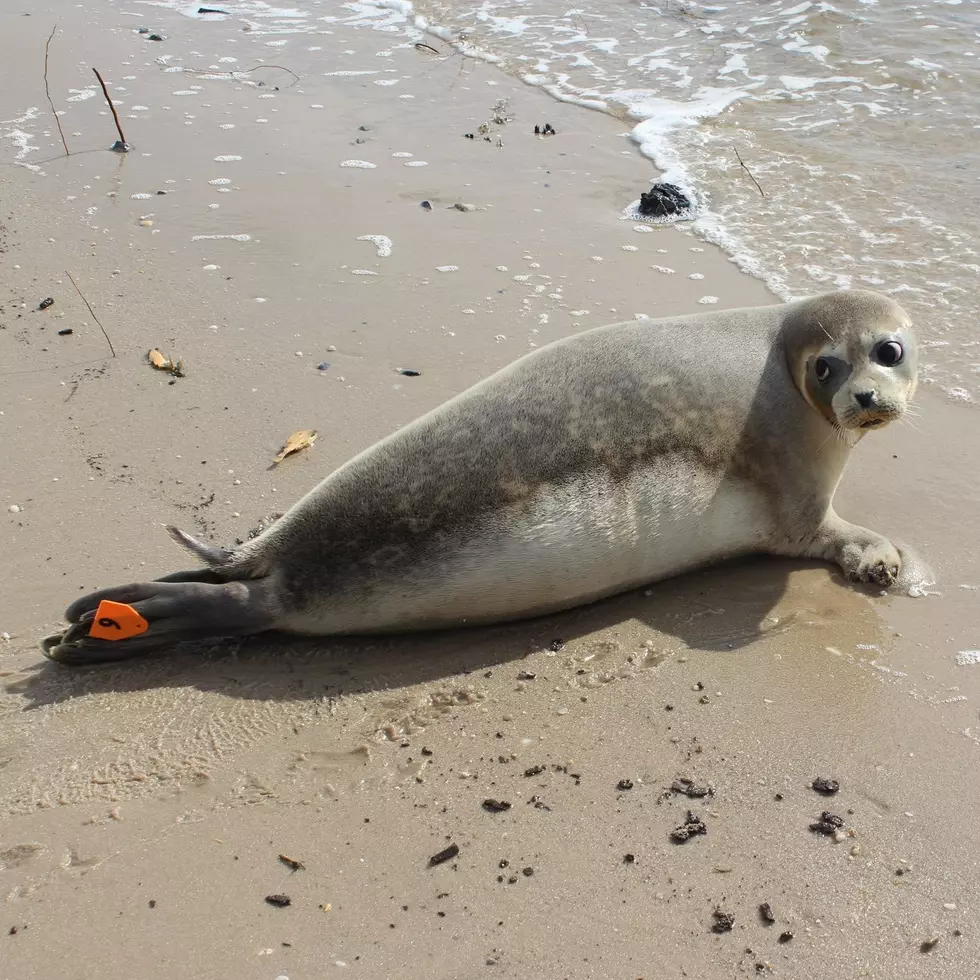
Seals are resting on NJ shore — but people keep bothering them
Late Tuesday morning, a crew at the Marine Mammal Stranding Center was loading a 1-year-old harbor seal into a truck so they could release the animal back into the wild.
One day prior, it was perfectly healthy on the beach in Sea Isle City — but people wouldn't just let it be. They were bringing their children and pets close by and taking pictures to post on social media.
"We had to move the animal for its own protection," said Bob Schoelkopf, founding director of the center in Brigantine. "The fact is that seals are federally protected."
Because of that protection, it's actually illegal to disturb a seal's natural behaviors.
"They're only coming up to get out of the cold water, to warm up and sleep a little bit after feeding," Schoelkopf said. "If no one bothers them, then when they're done with that they'll go back in the water wherever they're headed."
This is just the start of "seal season" along New Jersey's coastline, Schoelkopf said. For the next few months, the Garden State will be a pit stop for a number of species traveling from as far north as Canada.
The NOAA Fisheries Greater Atlantic Seal Viewing Guidelines advise people to stay at least 150 feet away — seals do bite, and mothers could abandon their young if they notice interference with their pups. You should not feed or pour water on seals, the guidelines state.
People in New Jersey are advised to contact the Marine Mammal Stranding Center at 609-266-0538, any time of day, if a seal appears injured or sick. Interference by onlookers could force the seal back into the water, and experts will have missed their chance to help.
Contact reporter Dino Flammia at dino.flammia@townsquaremedia.com.
LOOK: See what Christmas was like the year you were born
More From Lite 96.9 WFPG
